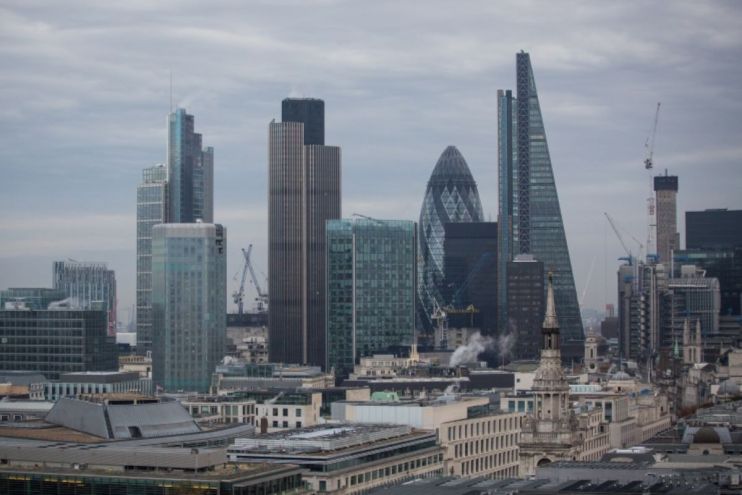London money managers reveal toll of turmoil as Jupiter and St James’s assets rise

Fund house Jupiter reported a bump in assets and a sharp rise in profits in the first six months of the year in a mixed morning of results for London’s big money managers.
The London investment firm said its assets ticked up two per cent to £51.4bn in the first half of the year while profits rocketed 56 per cent to £46.4m, up from £29.7m last year.
Jupiter’s funds notched “saw small positive net flows” in the period after a boost from institutional clients, who added £1.7bn to its funds. The firm saw net outflows of £3.6bn in the same period last year.
Jupiter chief Matthew Beesley said the “continued volatile market environment” had led to “muted retail investor appetite” but added the firm has “had a good first half of the year”.
“It’s clear from these results that our strategic focus is generating positive outcomes and we are confident that continuing to deliver on the strategy will help to return Jupiter to sustained growth,” he said.
The results come amid a tricky period for money managers who have grappled with weak investor demand and a volatile period on the markets.
Jupiter’s bigger rival Schroders reported a fall in its managed assets in the first six months trading this morning as markets remain roiled by surging inflation and rate hikes in the UK. Shares in Schroders fell two per cent in early trading.
Money manager St James’s Place reported a fall in pre-tax profits this morning but attracted £3.4bn of net inflows in what its called a “challenging period” for UK investors.
Funds under management at St James rose six per cent over the six months to a record £157.5bn.
Chief of St James Place, Andrew Croft, said it had been a “robust business performance” in the first half of 2023 despite the market turmoil.
“This has been a challenging period for many UK savers and investors who have had to contend with high and persistent inflation, rising borrowing costs, a mini banking crisis in the US and attendant stock market volatility, and continued macro-economic and geo-political uncertainty,” he added.